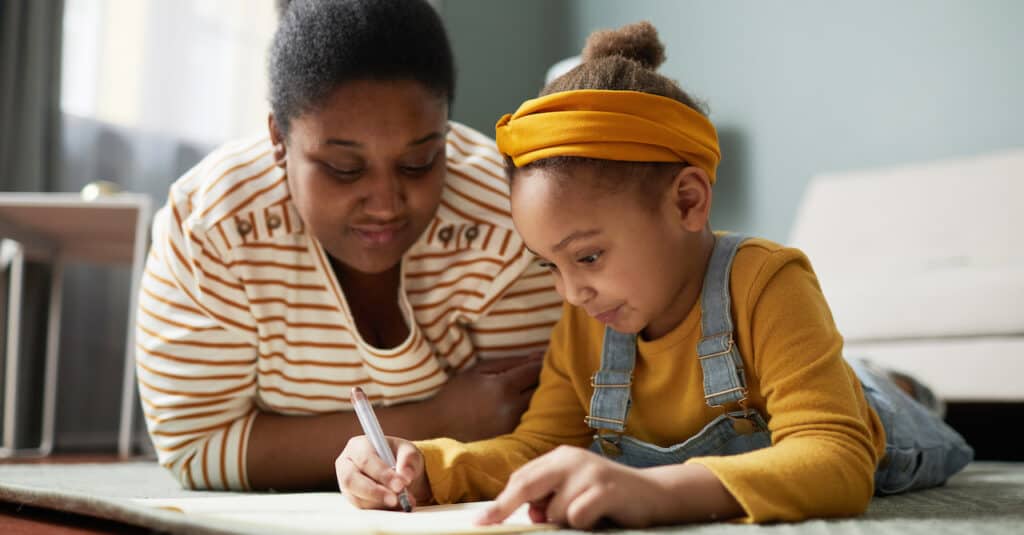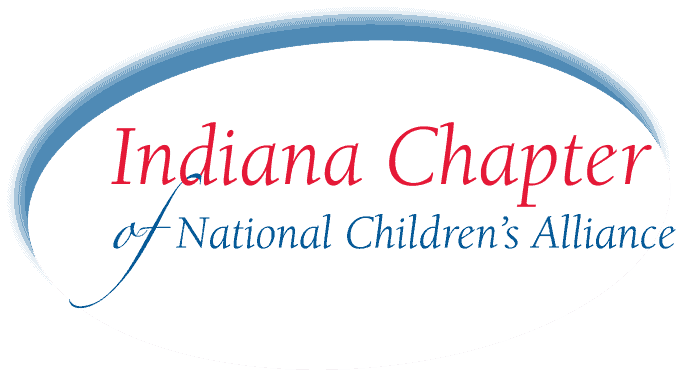
Don’t look for what’s not there
How a child was harmed, for how long, by whom, and their own personality, age, and relationship with others will affect how a child reacts to abuse.
Some children are not noticeably changed by the experience. Avoid looking too hard for what is not there. However, some signs may come later. That is when it is important to seek professional support.
Short-term Effects
- Fear, anxiety, guilt, shame, and depression
- Acting out in violence and anger. This may manifest as running away, vandalism, shoplifting, setting fires, or hurting other people or animals.
- Physical harm through injury to their genitals, painful urination, stomach aches, sexually transmitted diseases, and pregnancy.
- Low self-esteem
- Nightmares and trouble sleeping
- Sexual behavior disturbances
- Poor social function and a lack of desire to be around others
- Poor grades and skipping school
Long-term Effects
- Alcohol and drug abuse
- An abused child who does not get professional help is twice as likely to abuse others as an adult
- An abused child who does not get professional help and has not recovered is an easy target for abusers
- Low self-esteem, depression, and suicide
- As an adult they may become more or less sexually active and develop unhealthy attitudes about sex
- They may not be able to trust themselves, friends, and other adults in their life
Counseling is the best way to help and possibly prevent these harmful effects
Even if they do not display many or any of these signs now, they may later or be quietly manifesting. The effects of abuse can be repressed and hide deep in the mind.
Without dealing with these issues, negative effects will fester and come out later, often with more severity. It is important to deal with them now, with a professional trained in dealing with child sexual abuse victims.
There can be an impact on siblings
Siblings may also experience an array of feelings – whether they were involved or not. They may feel confused, resentment, fear, guilt, anger, or a misalignment in their self-esteem.
Do not forget other children in your family. Make sure you explain to them what is happening in an age-appropriate way. They may need some therapy, too.
More FAQs on short and and long-term effects of abuse and neglect
This page is also available as a Word Document
CACs, nurses, Victim Advocates, MDT members, and others working with children and families can print and share this page. Download the Word version.
